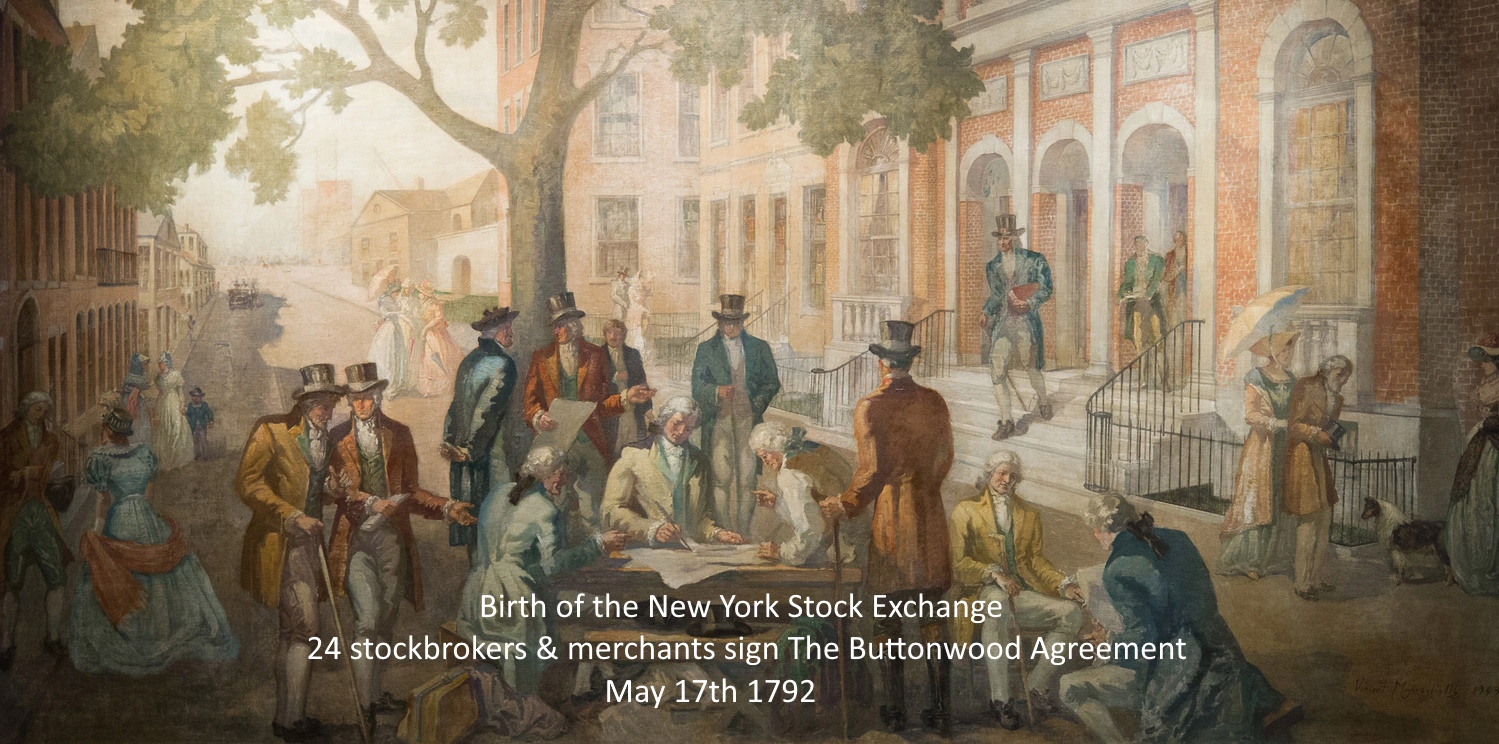U.S. Equities vs. Asian Unicorns, no contest!
by charles | Comments are closed01/20/2023
Revenue is vanity, profit is sanity, but cash is king — Unknown
Michael Rosen, managing partner and CIO at Angeles Advisors in Santa Monica doesn’t think much of Karl Marx or the heavy hand of state intervention. In Mr. Rosen’s words “wealth derives from the value created by capitalism.” And no country does it better than America.
He argues in his latest quarterly investment letter, titled Kapitalismus, that the most important factor in investment success is return on capital. GDP growth, revenue growth, even growth in net income? All those factors contribute value, but ROC outweighs them all.
Given the data, U.S. pensions may want to rethink their asset allocations before they climb too far out on the “alternatives” limb.
Follow the money
Why? Let’s start with relative stock market performance. According to Mr. Rosen, “Since 1990 the return on capital for U.S. companies has always been positive and despite four recessions and four bear markets in that period, equities have risen 1,000 percent, with dividends reinvested bring the total cumulative return to over 2,000 percent.”
But how about those impressive Asian markets and China’s economic miracle? It depends on who you ask. Ray Dalio has been a China fan boy for years (Bridgewater manages about $5bn for CIC), however, Stratos Capital Partners, the late Scott Minerd, and even a few bold analysts at JPMorgan (until they recanted) consider the country uninvestable.
Mr. Rosen prefers to follow the money, i.e., equity returns. Since 1992, the year China was added to the MSCI indices, Asia economies ex-Japan have posted enviable GDP growth of 9.5 percent per annum (all percentages p.a.), corporate growth of 14.8 percent and earnings growth of 12.6 percent versus U.S. comparables of 4.5 percent, 6.5 percent, and 10 percent respectively.
But when it comes to stock prices, what share-holders actually earned on their investments, the story flips. Over the same thirty-year span “U.S. equities prices grew at twice the rate of Asian shares, 7.8 percent versus 3.7 percent in Asia ex-Japan while China, with blistering economic growth over 9 percent for thirty years – handed investors equity returns of minus 1.4 percent.”
Mr. Rosen gives two reasons for U.S. equity outperformance. First, “U.S. companies averaged a return on equity of 15 percent over the past 30 years, versus 11.2 percent in Asia ex-Japan.”
And second, Asian companies significantly diluted their earnings, averaging only 4.4 percent EPS since 1992 despite income growth of 12.6 percent. U.S. companies, by contrast, grew EPS at 8.2 percent, not far behind income growth of 10 percent.
Mr. Rosen’s conclusion? “Economic conditions matter, of course, but the competition to earn a high return on capital defines sustained success, [and equity performance] for companies and for countries.”
US pensions, late to the party
Read More »
